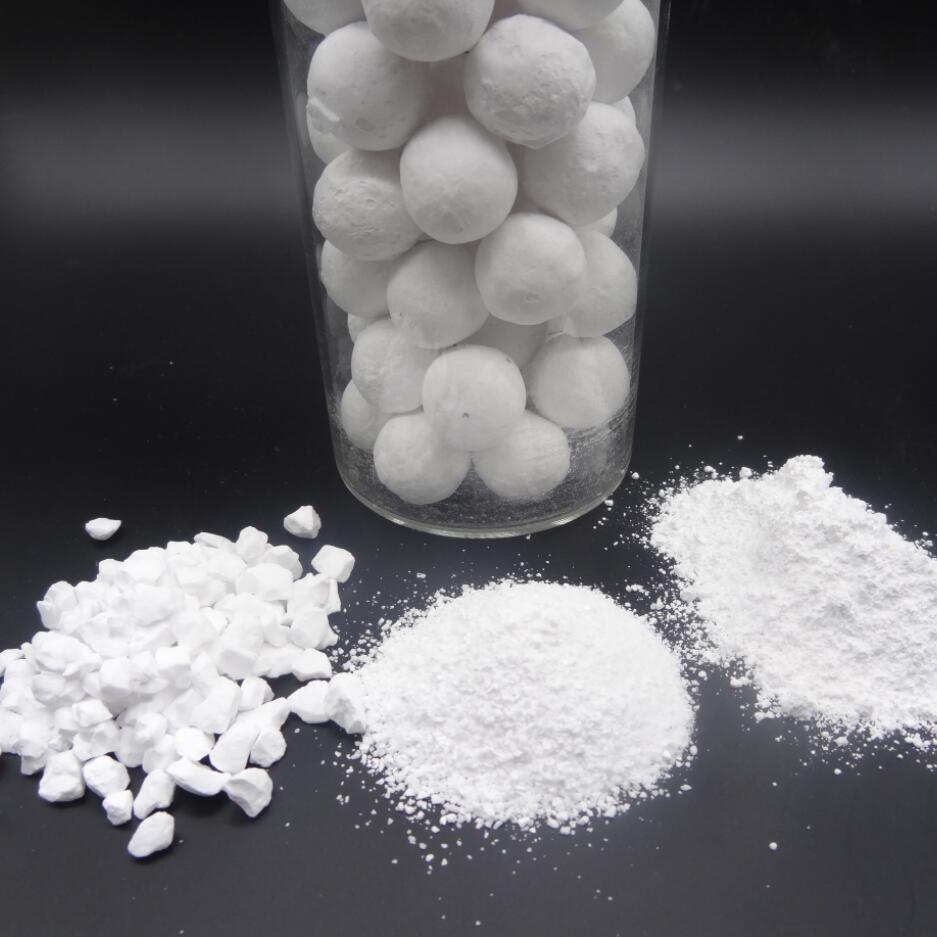What is the difference between white corundum and tabular alumina?
The main difference between tabular alumina and white corundum lies in their application areas, physical properties and production process.
Tabular alumina is a pure sintered corundum without any additives. It has a coarse crystal structure and a well-developed α-Al2O3 crystal structure. The Al2O3 content is above 99%. It presents a plate-like crystal structure, small pores and more closed pores, high purity, good volume stability, and extremely small reburning shrinkage. Tabular alumina is mainly used for high-performance refractory materials and is widely used in steel, casting, petrochemical and ceramic fields. Due to its high refractoriness, excellent thermal shock resistance, creep resistance and wear resistance, it has become the leading product for synthesizing high-purity alumina aggregate. Tabular alumina has a dense structure and is composed of sintered α-Al2O3 with large grains of 50-400μm. It is prepared by rapidly calcining ultrafine α-Al2O3 pellets at a temperature slightly below the melting temperature. After heat treatment, the balls of about 20mm are crushed and ground to obtain tabular alumina of various sizes.
White corundum is a common abrasive in the abrasive market, with the characteristics of high purity, good self-sharpening, acid and alkali corrosion resistance, high temperature resistance, and stable hot performance. It undergoes a pickling step to remove impurities, and contains very low amounts of iron oxide, which is suitable for sandblasting operations where iron residues are strictly prohibited, and does not affect the color of the workpiece, with fast processing speed and high quality. White corundum micropowder is very suitable for wet sandblasting and polishing operations, and is mainly used in abrasives and abrasives.
In summary, plate-shaped corundum is widely used in the field of refractory materials due to its high refractoriness, high corrosion resistance, and high erosion resistance, while white corundum occupies an important position in the field of abrasives and abrasives due to its high purity and good self-sharpening properties.

